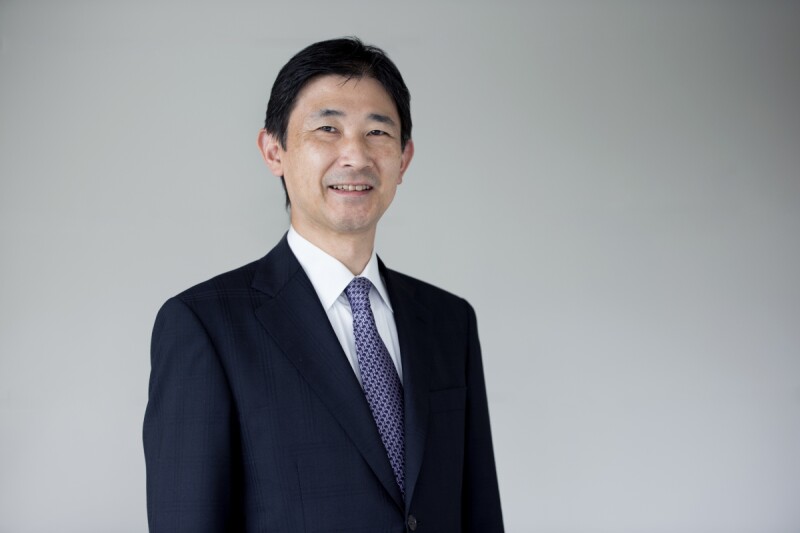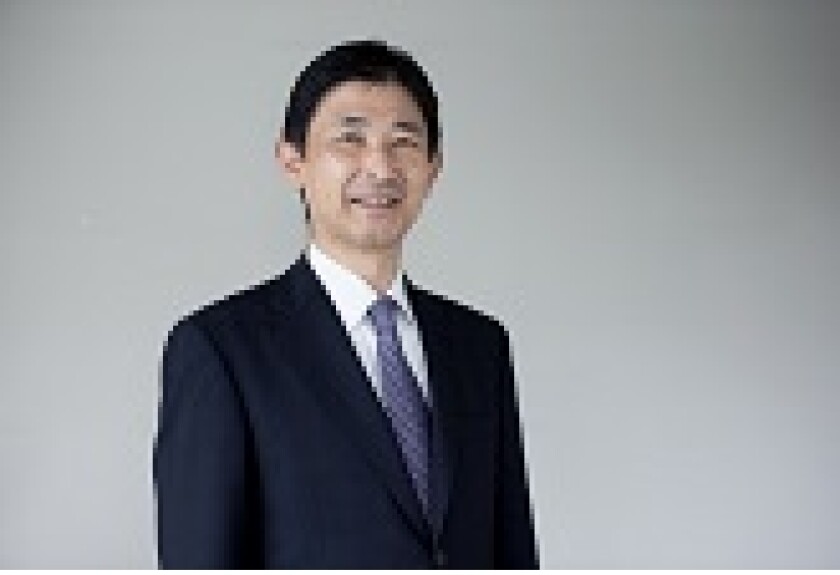
IP Bridge was founded in 2013 by the Japanese quasi-sovereign fund INCJ to provide services to companies interested in IP monetisation and commercialisation, plus those seeking IP defence and finance.
One of the motivations for the fund’s establishment was to make sure that patents owned by Japanese companies do not get sold at undervalued prices to foreign buyers.
“Many Japanese companies were unfamiliar with IP monetisation and the government wanted to make sure that these valuable assets are not sold to those outside the country at low prices,” says Fujiki. “Japanese companies have accumulated research and development investments for a long time and hold high-quality IP.”
If the IP of these companies can be monetised effectively, it will further enhance the competitiveness of Japanese companies by promoting innovation. Fujiki says the main issue for these companies is that the means to commercialise their IP and achieve consensus on investments for commercialisation is not established sufficiently.
An important part of IP Bridge’s business model is to buy patents from Japanese companies as well as international organisations and license them globally. IP Bridge has acquired patents from businesses such as Panasonic, NEC, Fujitsu and Hitachi. Its portfolio focuses on wireless, mobile, network, semiconductor, display and video coding patents.
The fund participates in several patent pools, including Avanci, which covers standard essential patents (SEPs) directed to internet of things (IoT) technologies; HEVC Advance, a pool aimed at the HEVC video standard; and MPEG LA, which covers numerous standards. IP Bridge now has portfolios across 40 countries with the majority from Japan, the US, China and major countries in Europe, and holds more than 3,500 patents, including some pending applications.
Industry divide
In an era of artificial intelligence (AI) and the IoT, SEPs will become increasingly important but there remains a lack of consensus among different industries.
“Until recently, only the telecommunications and electronics industries have been interested in the handling of SEPs and have spent many years building consensus on the issues,” says Fujiki. “In an age of AI and the IoT, different industries need licences to SEPs. Other industries have not yet agreed with the consensus established by the telecommunications and electronics industries.”
Fujiki says the differences in business models of each industry (such as automotive) and the differences in how they value technologies related to SEPs have been the main source of conflict over SEPs. He adds that more work is needed to build a new consensus acceptable to the majority of industries or a customised consensus for each one. To achieve this, IP Bridge, with its cross-industry position, aims to act as a facilitator globally.
Courts internationally, including in the US, UK, Germany and China, have been making significant judgments on SEPs and are moving in a direction that encourages early settlement of SEP disputes between patent owners and licensees.
“However, in each country, due to political issues and relationships with domestic industries, there is a temperature gap regarding the possibility of injunctive relief in the judgment,” says Fujiki.
Fujiki believes that patent funds like IP Bridge will have an important role to play in bridging this gap.
“Patent pools are one of the most effective solutions for realising the FRAND licence, and I think they will be useful to industries, including telecommunications and beyond,” says Fujiki. “Patent owners have made considerable investments to create SEP portfolios in the past and should receive sufficient and reasonable compensation for the investments.”
But there are cases where the balance between licensors and licensees is broken. Fujiki says that such pools have not succeeded (and will not succeed) as important licensors have not participated. To make a patent pool useful and successful, it is important to set conditions that balance the interests of patent owners and licensees. In addition, penalties or sanctions for free riders who do not take a licence are considered necessary to make a patent pool useful for the particular industry.
Trade war
Moving on to other issues, Fujiki says that rising tensions between the US and China may have a significant effect on IP policies.
“The impact is immaterial if the trade war is short term.
“But if it is prolonged, each company, including IP Bridge, may need to update its IP strategy and we will need to keep an eye on trends in China and the US,” says Fujiki.
Patent filing strategy, in particular, would be affected and companies may need to file patent applications in various countries. Fujiki says that companies need to think about which competitors they should approach for offensive or defensive purposes, while the amount and timing of investment will inevitably depend on the state of the trade war.











